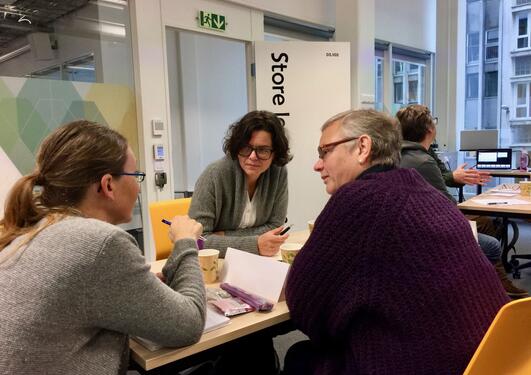Instructional Modalities and Models during the Rise of Artificial Intelligence
This exciting instance of the TeLEd Monthly Event Series will feature Cengiz Hakan Aydin, PhD from Özyeğin University in Istanbul, Turkey, where he serves as he Director of the Office of learning and Teaching Enhancement (OLTE). Before that, he served as an instructional designer, department chair, director, and dean in Anadolu University. He has offered courses in the fields of open and distance learning, educational communications, and technology, as well as designing learning processes, experiences, and media. Hakan’s research interests focus on a range of topics, such as innovative and flexible learning processes and environments in higher education and corporate settings. He is also interested in the integration of new technologies (AI, VR, AR, MR, etc.) into education and training, Open Educational Resources (OERs), Open Educational Practices (OEPs), Massive Open Online Courses (MOOCs), and current trends in higher education and corporate education.

Main content
Like many academic fields, education experts often use different terminology for the same concepts based on their experiences and perspectives. As the field evolves, this diversification can lead to misconceptions and misuses of key terms.
This presentation first revisits the definitions of major instructional modalities to clarify their meanings. Given the growing impact of online distance education and artificial intelligence, it then explores a classification of learning models based on group size and interaction preferences, offering insights into how they can be effectively applied in online courses. Finally, it provides recommendations for leveraging AI to enhance various instructional modalities.
